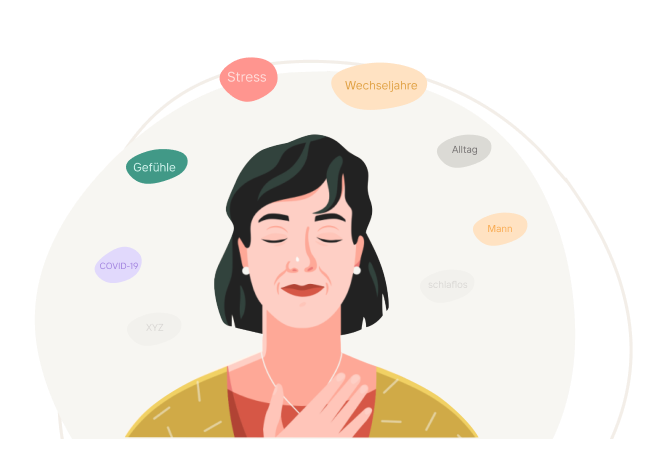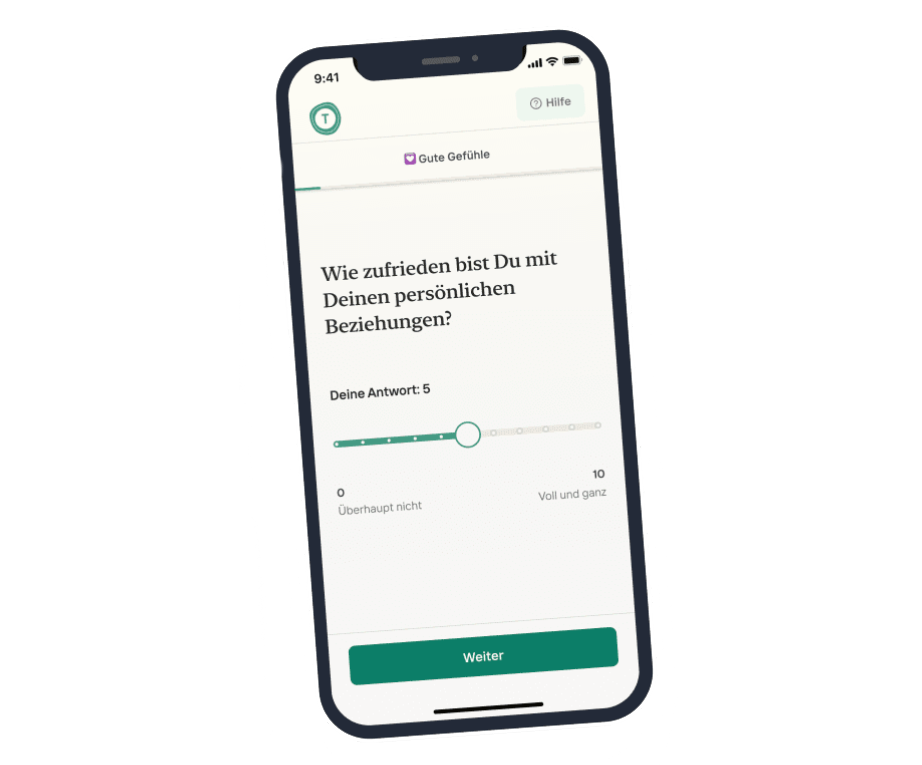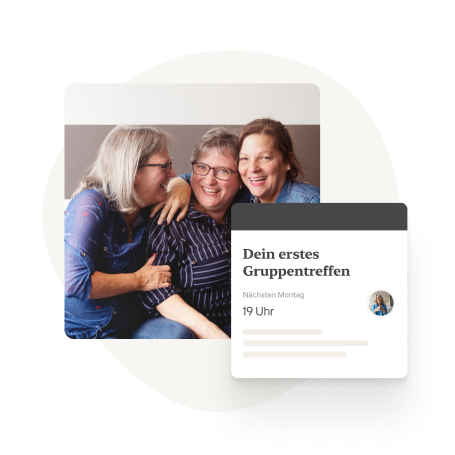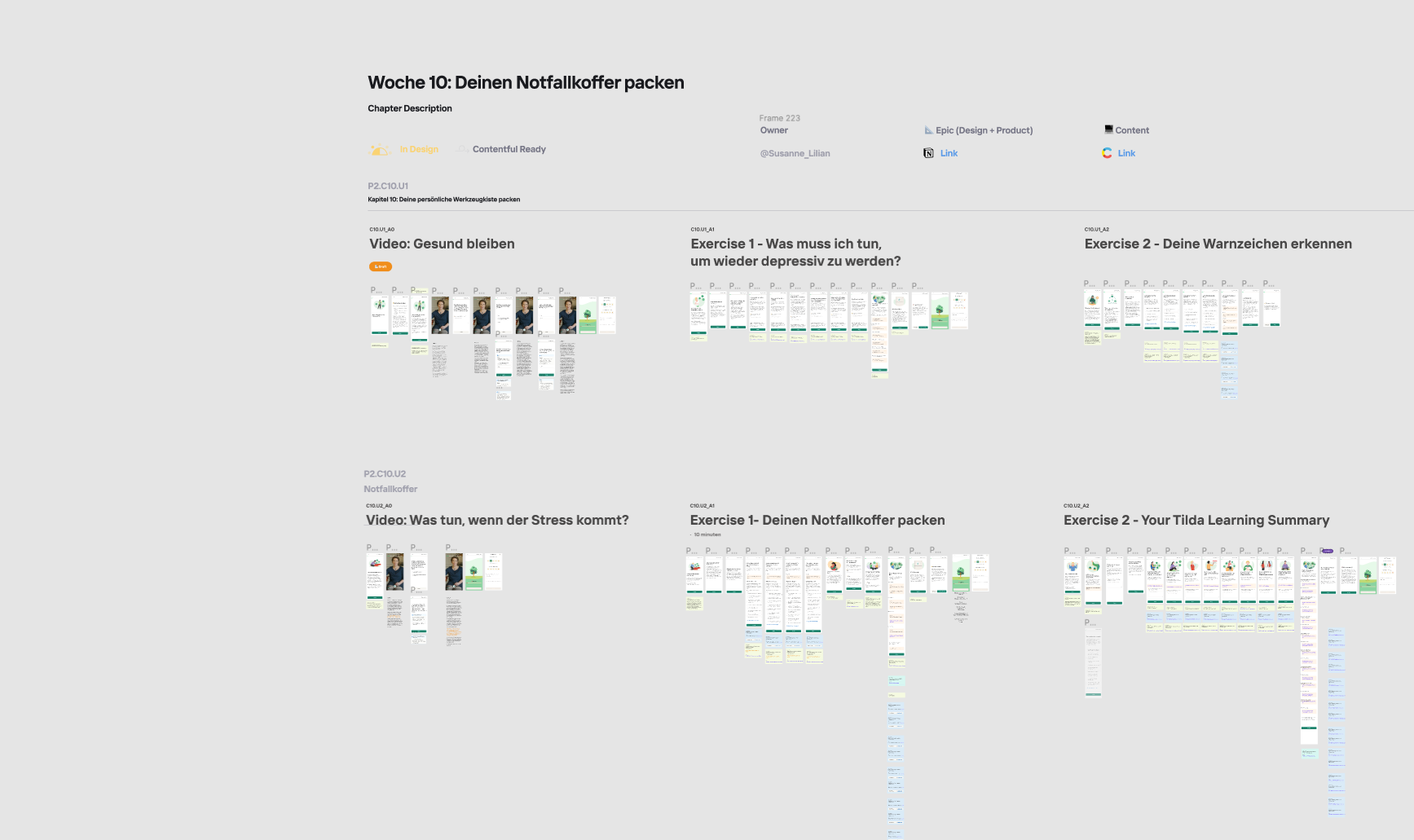How might we help women with an online program dealing with their mental and physical stress?
- Client (Year): Tilda (2021)
- AI/Tech: Native & webapp app
- Design: User Research, Service & Program Design
- Industry: Healthcare
About Tilda:
Tilda online platform designed to promote women's mental health and wellbeing.

Situation/Challenge:
Women in midlife often experience mental and physical stress. These can manifest themselves in symptoms such as lack of energy, sadness, irritability or lack of motivation.
Solution:
With the online courses from Tilda, women will learn to choose a healthy lifestyle and deal with stress, sensitivities, and negative thoughts to achieve sustainable relief. Tilda is an online platform designed to support women on their path to greater satisfaction. With scientifically-based courses tailored to women - the online course helps them in their journey of self-discovery and development.

My role at Tilda:
The startup was a venture from Bosten Consulting Group. They analyzed the market potential and launched the first MVP to collect quick insights from real users using the product. I joined the venture shortly after the launch. And helped to evaluate the beta wellbeing course through conducting qualitative interviews. These learnings we took to design the next course for patients with mild depression. Which aimed at becoming a DiGA (digital health application that will be for free for patients, and reimbursed by their health insurance. The app needs to be compliant and prove its therapeutic effectiveness in a clinical trial).
"How-might-we build adherence in purely digital mental health programs?"
There are some problems with the DiGA approach. The program had to be purely digital and needed the same experience for every user: We quickly learned that the most compelling offering in the wellbeing course was the in-person group intervention with a professional mentor. These personal meetings created stickiness to the program. One of the most effective UX strategies to make patient adherence is personalization. We created an emotional attachment by giving Tilda a face, our great mentors.

By looking deeper into the MVP, our research has shown that the customer segmentation was more diverse; some needed more guidance and less inspiration. And the same holds for depression. Depression can have many faces as well as our customers. One person might socially isolate herself and has destructive reoccurring thoughts. The next one does the opposite by being too socially engaged, as she fears being alone. So we needed to restructure the course so that different users find helpful content and deep dives whenever they needed them.
Thank you
I mainly worked in user research, helped restructure the website placement, redesigned the product experience for the new depression course with a great team of psychologists, UX copywriters, illustrators, filmmakers, an outstanding program experience manager, and VPO. Tilda was one of the best product teams I ever worked with. I'm discouraged that the investor stopped the venture, as we saw how much the user loved this product.

